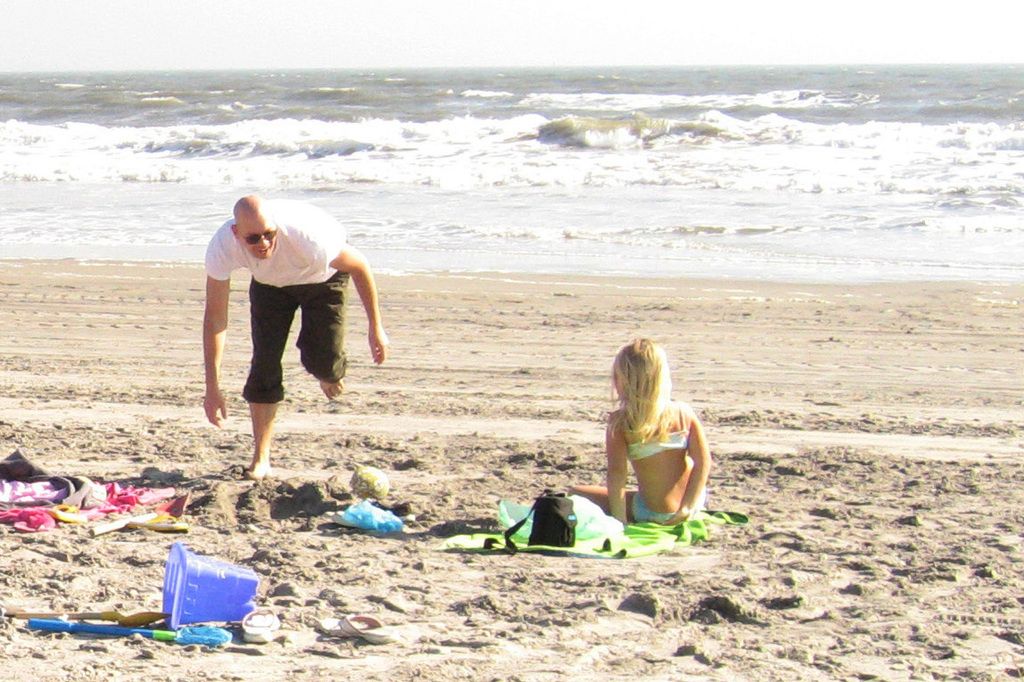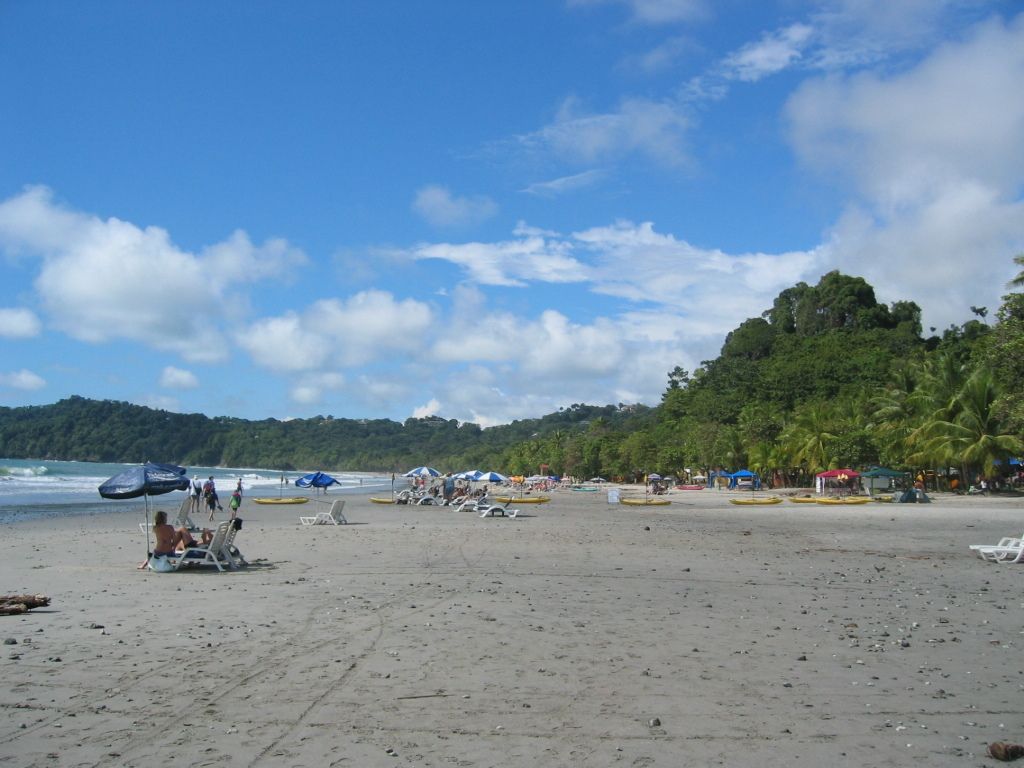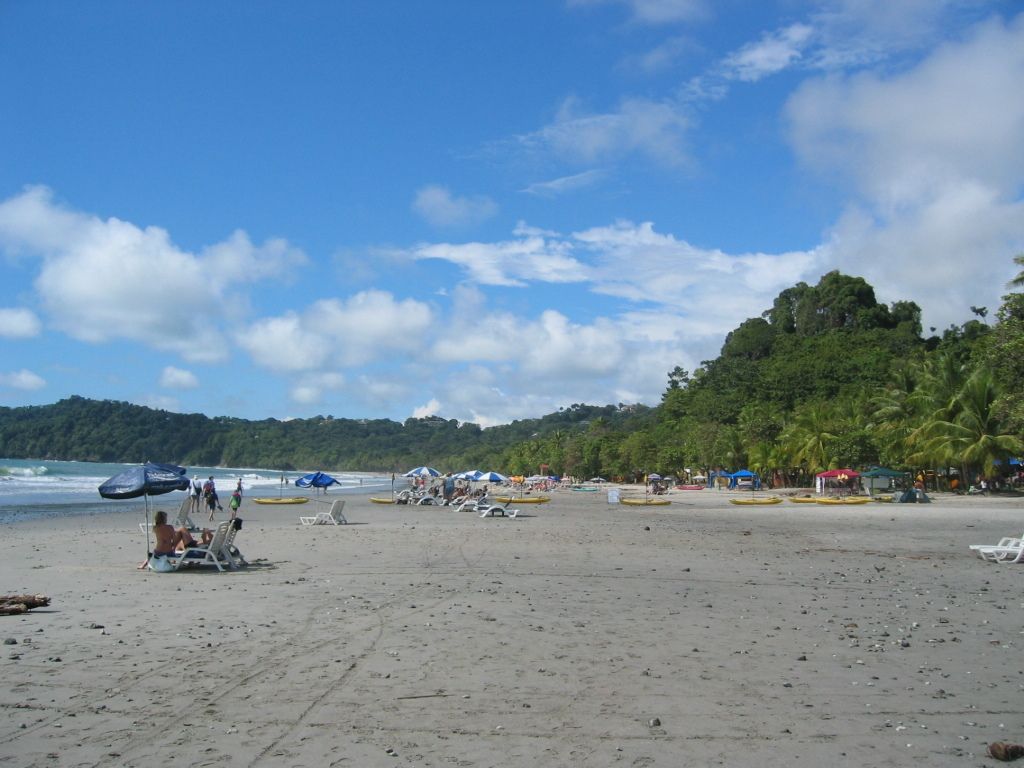Hundreds of Billions in EU's Pandemic Aid Still Unused, Shift in Priorities Emerges
Funds allocated by the European Union for addressing the coronavirus crisis remain largely untouched
Facebook Twitter Whatsapp E-Mail Print Copy Link
Despite the passing of several years since the height of the pandemic, a staggering 335 billion euros from the EU's relief funds intended to tackle its consequences remain unclaimed. With the deadline for projects fast approaching in 2026, this vast sum represents nearly half of the initial 650 billion euros allocation, as per the EU Commission.
Member states are encouraged to concentrate on projects that can realistically achieve their objectives by the end of August 2026. Established in 2021, the Recovery and Resilience Facility (RRF) aims to mend economic damage caused by the COVID-19 pandemic and boost economic resilience. In a first, EU countries banded together to borrow on a massive scale to fund the RRF.
To access aid, member states must submit a plan detailing investment and reform projects. Funds are contingent upon meeting intermediate objectives and milestones for planned reforms and investments in the green economy and digitalization. The deadline for these intermediary objectives is the end of August next year, with disbursements possible until the end of December.
While Germany, with 30 billion euros, doesn't top the list of recipients, funds are allocated for climate-friendly transportation, among other things. Italy, Spain, and other nations receive considerably more.
Interestingly, EU countries are repurposing the remaining Corona Relief Funds by channeling them towards strategic priorities, such as defense spending. This shift in emphasis from climate change, digitalization, and economic growth is a result of the European Commission's allowance for member countries to allocate these funds to defense-related projects [1][2].
By the deadline, countries must coordinate projects that align with the strategic objectives of the RRF, which now encompass defense initiatives [1][2]. They must also implement these projects, meet specified targets, and abide by the legal framework of the RRF, as well as other applicable EU regulations, to receive the allocated funds [5].
Some member states have already revised their Recovery and Resilience Plans (RRPs) to adjust funding allocations, potentially due to reduced grant shares. These modifications may encompass national funding, additional RRF loans, or transfers from other EU programs [5].
Source: ntv.de, DPA
[1] Cuomo, D., & Thompson, N. (2022). EU Countries Permit Corona Relief Funds for Defense Projects. The New York Times. Retrieved from https://www.nytimes.com/2022/04/25/world/europe/eu-corona-relief-funds-defense.html
[2] European Commission. (2021). Recovery and Resilience Facility. Retrieved from https://ec.europa.eu/info/business-economy-euro/covid-19-response/recovery-plan/recovery-and-resilience-facility_en
[3] Thompson, N. (2022). Revised Recovery and Resilience Plans Affect Funding Allocations. The Economist. Retrieved from https://www.economist.com/europe/2022/05/09/revised-recovery-and-resilience-plans-affect-funding-allocations
[4] European Commission. (n.d.). Legal Framework of the Recovery and Resilience Facility. Retrieved from https://ec.europa.eu/info/business-economy-euro/covid-19-response/recovery-plan/legal-framework_en
[5] European Commission. (2021). Transfers from Other EU Programs and Adjustments in Plans. Retrieved from https://ec.europa.eu/info/business-economy-euro/covid-19-response/recovery-plan/adjustments-plans_en
- The unclaimed EU's pandemic aid funds could potentially be utilized in aligning with the Community policy, particularly in the area of defense spending, as some member states have started repurposing the remaining funds.
- As businesses strive to manage the consequences of the pandemic, they might need to adapt their employment policies in accordance with the new strategic priorities set by the EU's Recovery and Resilience Facility (RRF), which now includes defense initiatives.





